Research Topics
Sustainable Urban Development
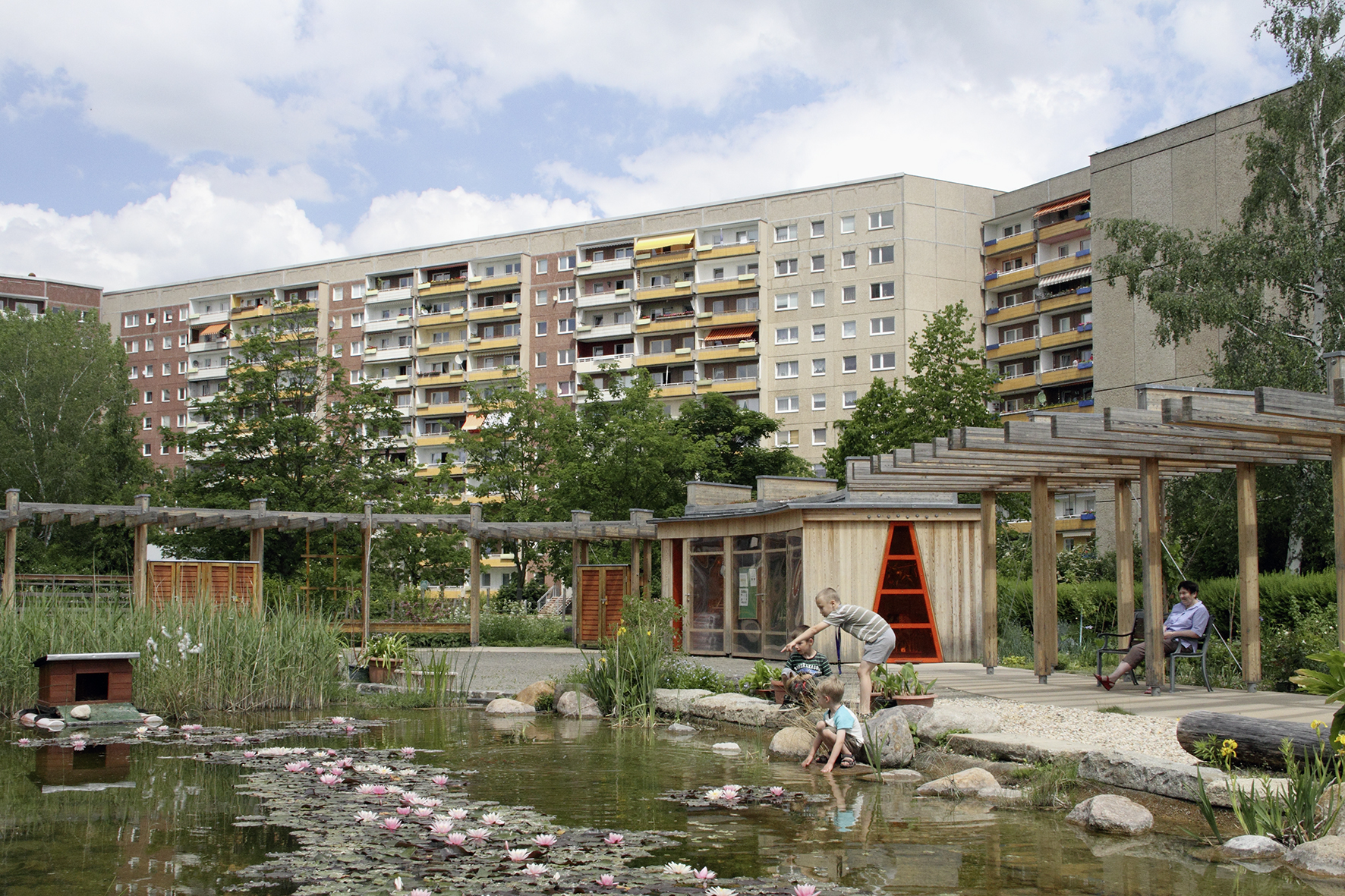
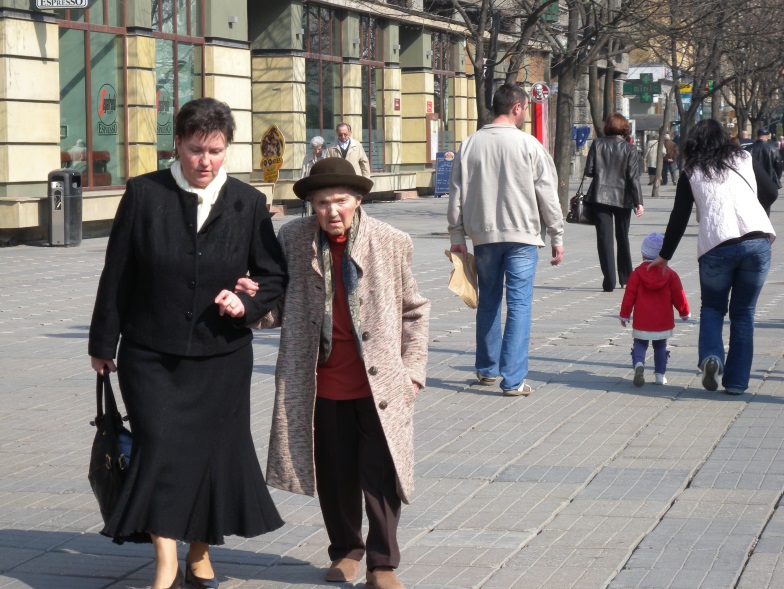
Our urban environmental research focusses on the interaction of quality of life, resilience and resource efficiency in terms of sustainable urban development. We concentrate on the analysis of interactions of social and ecological developments in urban areas as well as their causes and consequences. New dynamics of such interrelations emerge in the context of demographic and climate change which have an impact in particular on cities. Our urban research is characterized by a highly interdisciplinary approach and aims to develop approaches and find answers on research questions at different spatial and temporal scales in close cooperation with other research partners as well as with representatives of policy and practice.
Environmental Risks and Extreme Events
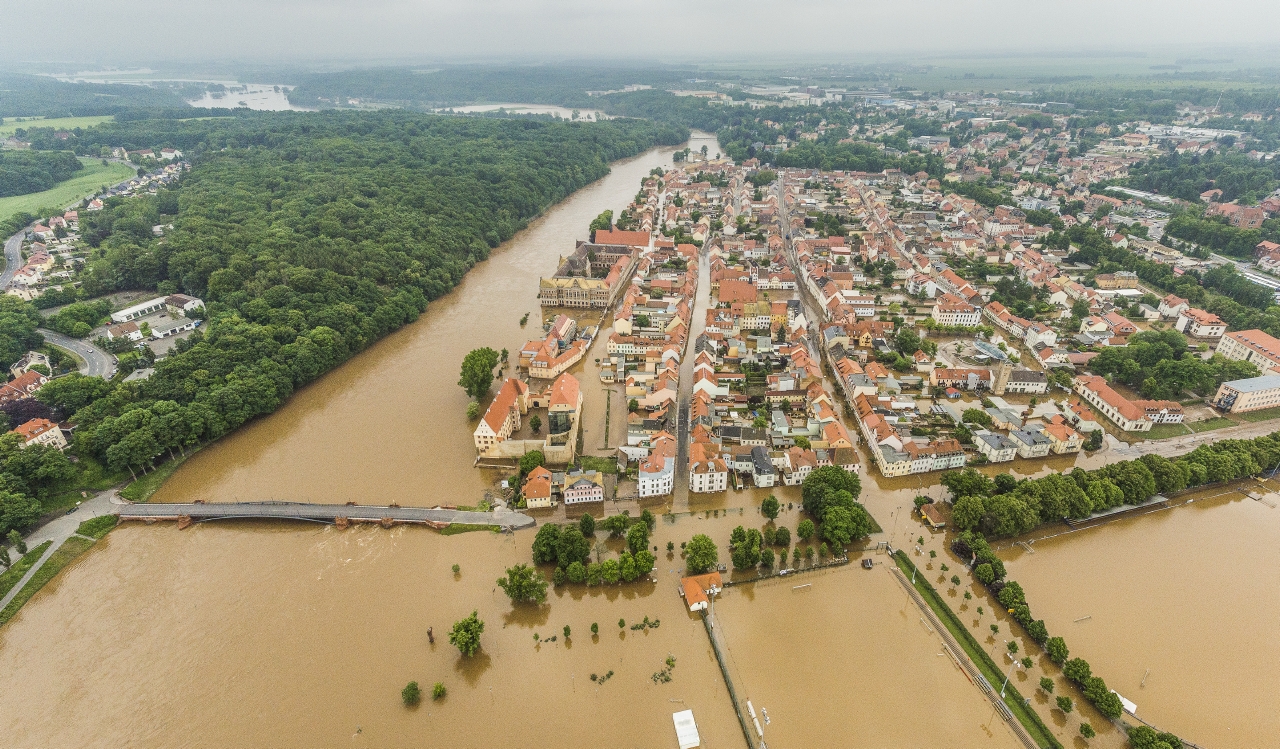
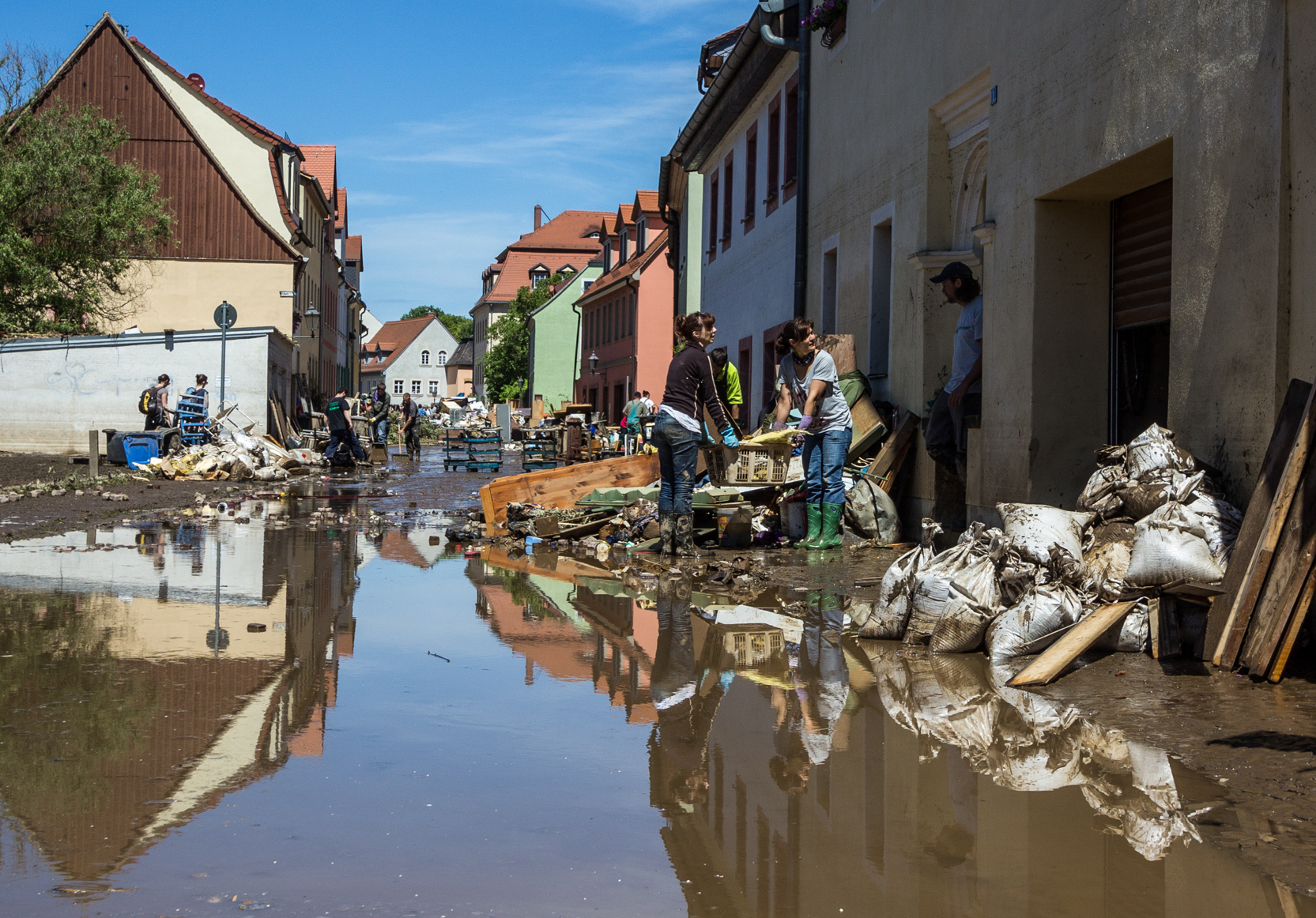
Our research focuses on the interaction between environmental hazards (e.g. floods, heat waves, and airborne pollutants) and society. It aims at a better understanding of this interaction by assessing the impacts that these hazards have on individuals, communities and whole urban areas and the way in which risks and vulnerabilities are dealt with and shaped through governance and management processes as well as everyday life activities. We employ different methods such as interviews, surveys, measurements, computer simulations, (geo-) statistical analyses. Collaborating with various stakeholders from the local to the global level, our results feed into the development and application of practices and strategies that aim at making communities more resilient and livable.
Renewable Energies
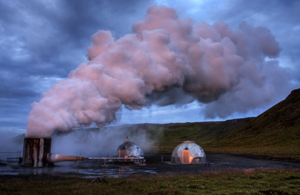
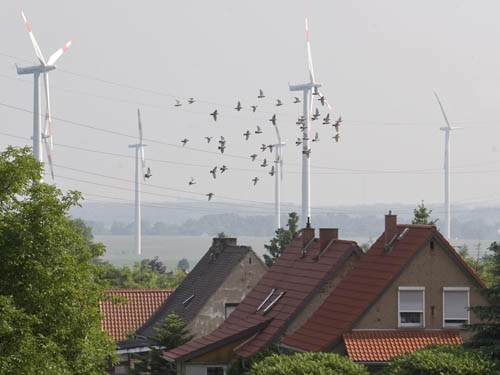
Sociological research on renewable energies focusses on the development of alternative energy systems (especially geothermal energy). A strong focus is laid upon socio-cultural challenges in the transition to renewable energy sources, the role unavoidable knowledge gaps in decision making processes, and socio-cultural reservations to new technologies connected to renewable energies. By so doing, we hope to deliver a better understanding of socially acceptable processes in the implementation processes of innovative and sustainable technologies.
Urban climate and personal exposure
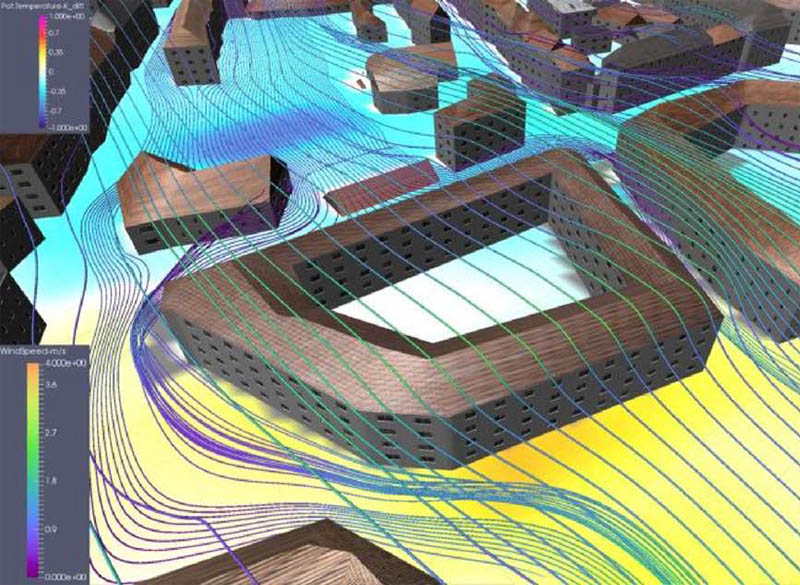
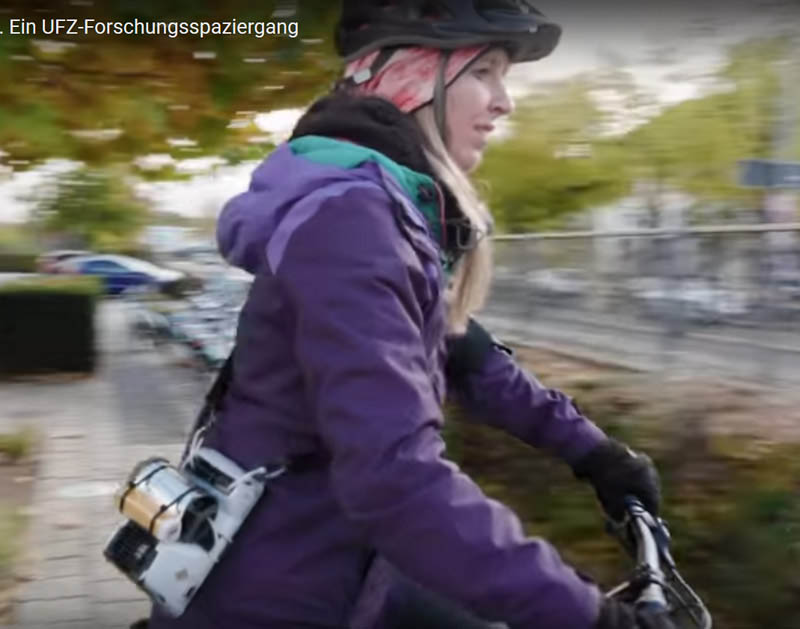
For a sustainable transformation of cities, the modifications of the urban environment in result of climate change must be studied. Coupling social, natural, and health science methods, we work on new adaptation strategies for urban areas as well as for individuals. This includes high-resolution 3D / 4D simulations of climate parameters in neighborhoods and cities, the development of new approaches for an integral interpretation of urban climate data (including downscaling of remote sensing data of heat, air quality), the advancement of methods for recording personal exposure using wearable sensors (walking interviews , environment-tracker) and the assessment of the effectiveness of urban adaptation measures. Such measures include greening of buildings (UFZ’s green roof research facility as lab) and changes of personal behavior (effects of interventions, individual-focused feedback, and perceptions).
These themes are also reflected in the working groups, in which the department's research activities are involved:
Energy
Geomatics
Governance and Institutions
Climate Change
Social-Science Water Research
Urban Environmental Research
The department provides the opportunity of completing an internship of several weeks. Please find more information about internships here.
